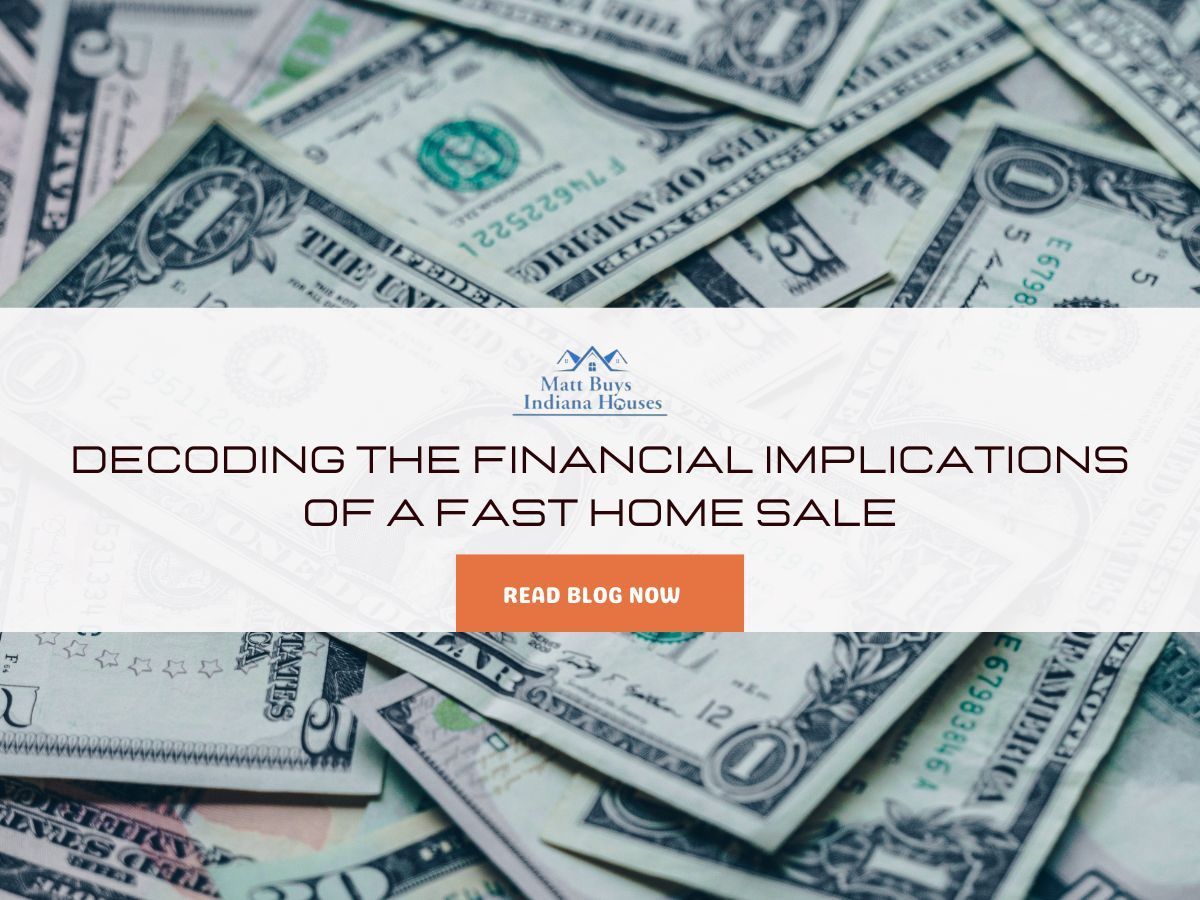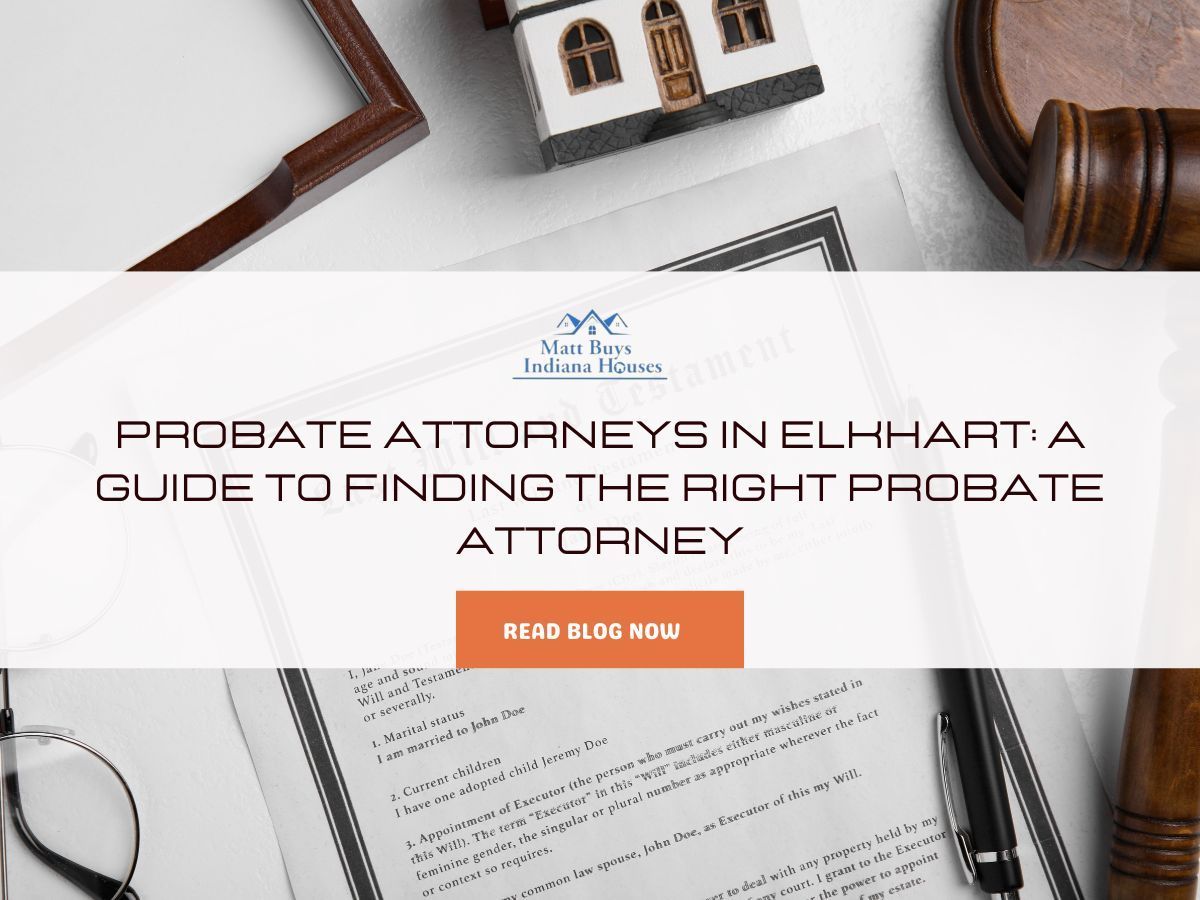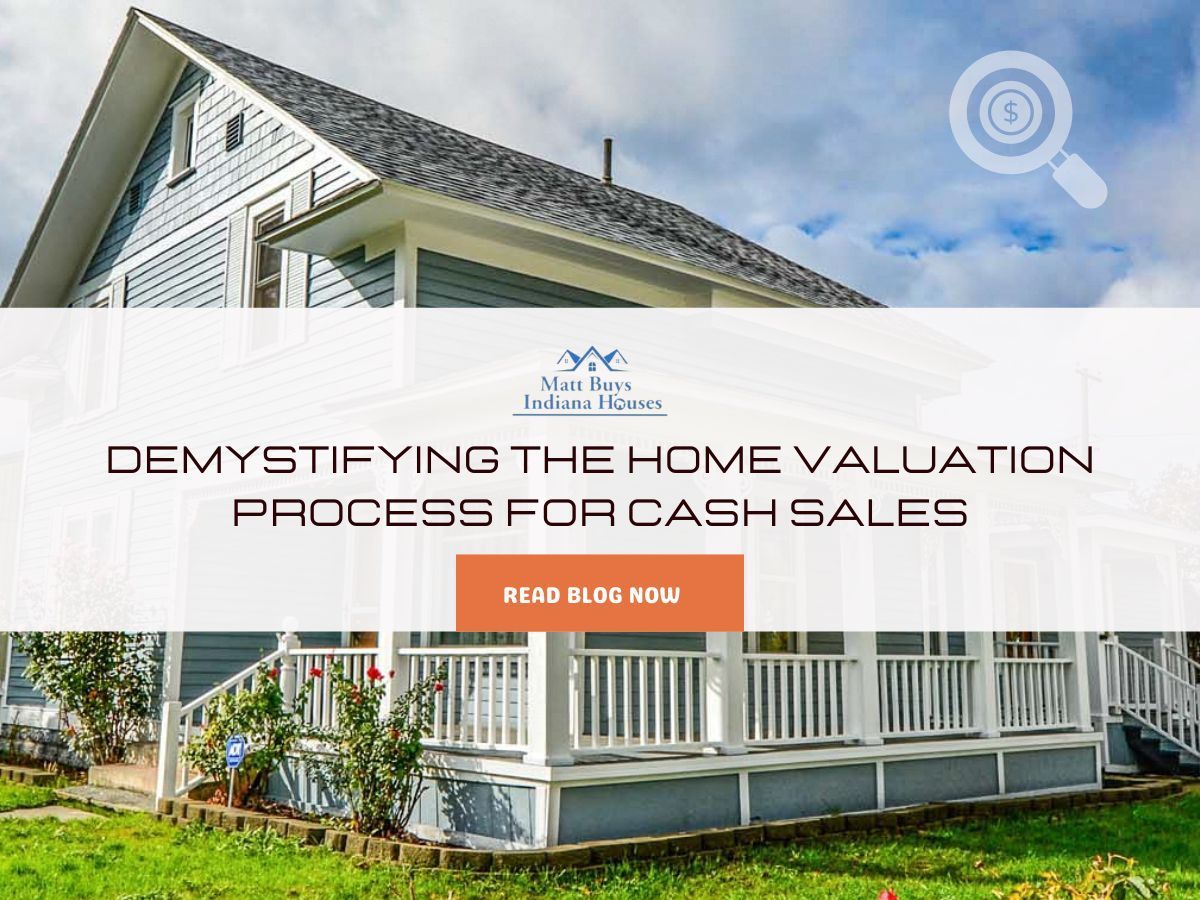Call or Text (574) 601-3340 to get a cash offer on your house!
Understanding Cap Rate Vs. Cash-on-Cash Return In Single-Family Rental Investments
Nov 01, 2018
In single-family rental real estate investing, as in any business, you must know the rate of return on the capital you invest in order to maximize your success. In particular, understanding a property’s revenue potential can help you determine if you want to purchase it. Similarly, knowing how well a property is producing for you can help you plan your exit strategy and decide if you want to keep or sell it.
Two of the economic metrics used to make these determinations are what are known as cap rate (i.e., capitalization rate) and cash-on-cash return rate. These real estate-focused return on investment (ROI) calculations are related in that they help you assess a property’s financial health, but they have different formulas and are used in different ways.
What Is Cap Rate?
Cap rate is a measure of the profitability of a rental property. Specifically, it indicates how much of the value of a property an owner can expect to receive in profits, in a percentage. The higher the cap rate on a property is, the higher the projected profitability. Cap rate can also be seen as a measure of risk: The higher the cap rate, the higher the risk. Knowing the cap rates for properties you are considering buying can help you compare them and quickly zero in on the ones that warrant a closer look based on your profit goals and/or risk tolerance.
Cap rate is calculated as: annual net operating income / asset value = cap rate.
It is important to notice that this formula uses net operating income, the income received after expenses have been paid. Using gross income will, of course, yield a higher — but incorrect — cap rate.
As an example of determining cap rate, if the purchase price for a property is $500,000 and the expected net annual operating income is $24,000, the cap rate is .048, or 4.8%.
What Is A ‘Good’ Cap Rate?
When a new investor first begins looking at the cap rates for properties, they typically (and understandably) ask, “What is a good cap rate?” As you might expect, the simplest answer is, “it depends.” For the seller, a lower cap rate means your property’s value will be higher, which is good. As a buyer, you’ll want a higher cap rate because it means your initial investment will be lower relative to your expected income.
Generally speaking, most real estate experts recommend buying at a cap rate of around 8-10%. Rental properties in the U.S. tend to have a cap rate a few percentage points above or below that mark. This isn’t to say that a property that is not within that range should be eliminated from consideration out of hand. There may be other factors that make it an excellent buy. For example, in rapidly appreciating markets, an initial cap rate 3-4% might look like a great bargain by year five.
What Is Cash-On-Cash Return?
Cash-on-cash (CoC) return is a more specific measure of the performance of a real estate investment. It provides a number that represents the relationship between the cash you invest (as opposed to the total value of the property, some of which may be financed) and its cash flow. This figure can be valuable both on its own and when compared to years past to establish a trend.
Cash-on-return is calculated as: annual net operating income / total cash investment = CoC return.
Here again, net (not gross) income must be used in the calculation.
An example of calculating CoC return could be that you put $50,000 down on a property that can produce a net operating income of $11,000. The return would be .22 or 22%.
What Is A ‘Good’ Cash-On-Cash Return Rate?
It is harder to find a consensus on what a good cash-on-cash return rate is. In today’s overall investment climate, some experts say anything at or above 8% is a good return. Other investors won’t consider a deal unless it is approaching a 20% CoC return. Once again, your specific goal for a single-family rental is important. One investor’s ideal property may not even register on another investor’s radar.
How Good Is Your Crystal Ball ?
Cap rate and CoC are frequently used measures to evaluate investment opportunities and compare properties, but they are based on a snapshot of existing income and value. Many investors turn to real estate because of the opportunities to improve returns (cash flow and asset appreciation) over time. If you believe the current rents are below market, or that you can do a better job of managing the property and controlling expenses, that could improve your cap rate and CoC, but this is definitely the riskier side of investment decisions.
Get Insights From An Area Expert
Summarizing the potential or performance of a property using cap rate or CoC return can be very enlightening. However, in many cases, you can leverage that knowledge further by talking about it with a real estate expert in the area where you own or are looking for property. They can share their perspective on where the average numbers were in years past, where they are today and where they are expected to be in the years ahead. Those insights can help you make a fully informed purchase decision.
– Understanding Cap Rate Vs. Cash-on-Cash Return In Single-Family Rental Investments











